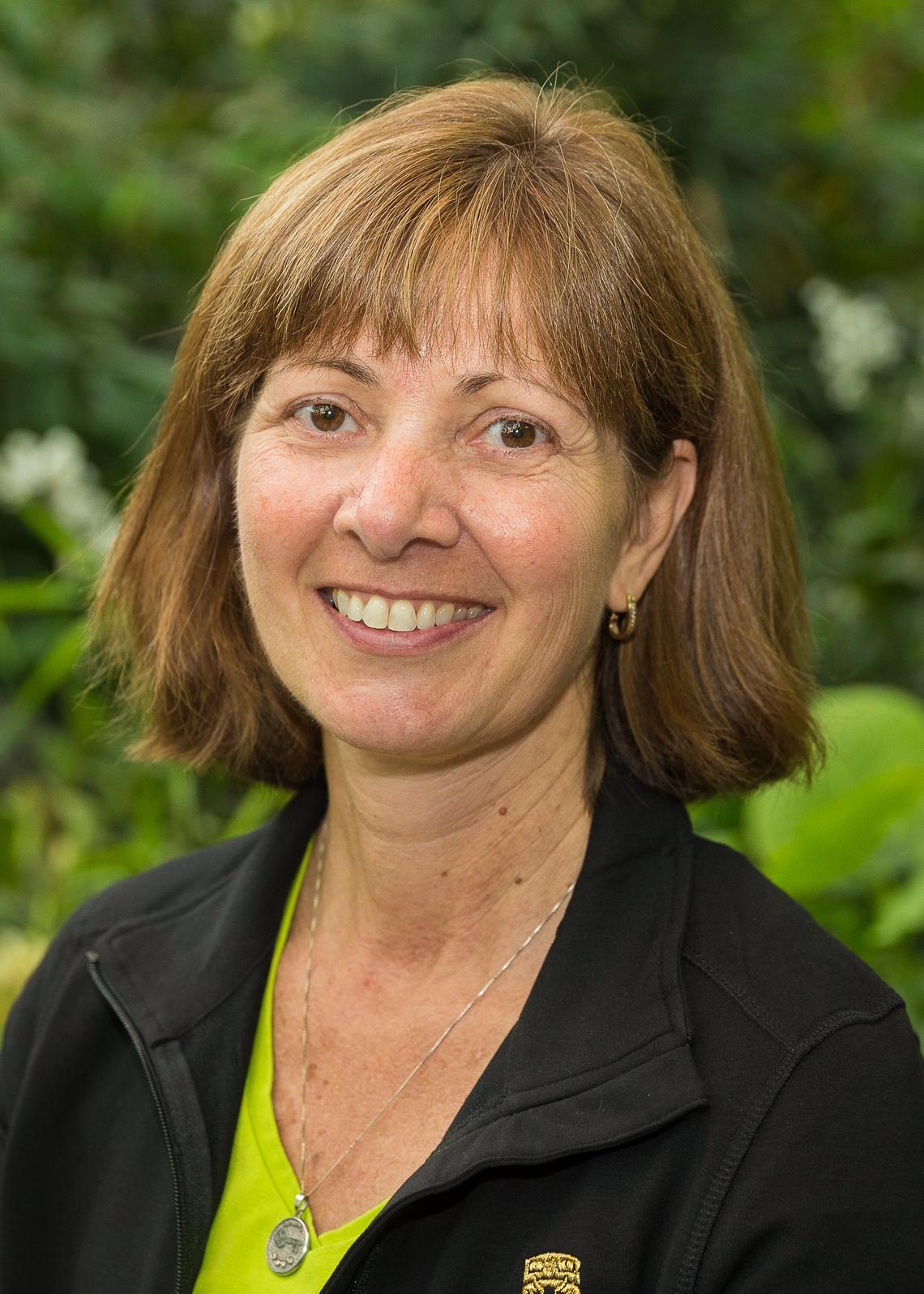April 30, 2020
Research examines shared parenting for mothers with young children

Shared parenting can be something of a thorny issue. Men’s groups have lobbied to make shared parenting the “default option” in separation and divorce, while many feminist groups and allies have been in opposition. However, the only current Canadian legal presumption in separation and divorce matters is the “best interests of the child” standard.
A research team led by Faculty of Social Work professor Dr. Beth Archer-Kuhn, PhD, is trying to inform these debates by addressing gaps in the research.
Is shared parenting better for kids and families?
There is evidence that shared parenting can be better for kids — but only in particular situations. As Archer-Kuhn explains, there are concerns about making this the default approach, especially when it doesn’t put the “best interest of the child” standard first.
“We know, for example, that the majority of people make their own parenting arrangements after separation and divorce,” she says, “and many choose shared parenting. However, while it’s become the default order in family court we don’t have evidence that shared parenting is the appropriate parenting arrangement for all families.”
In fact, preliminary research suggests that shared parenting might not be the best solution in some situations including domestic violence, children ages four and under, and in situations of high conflict.

Beth Archer-Kuhn is looking for Alberta moms who share parenting of a child or children ages four and under.
David Kotsibie
“Our project is looking at two of those gaps,” she explains. “Moms with shared parenting of young children. And those who may — or may not — have experienced domestic violence. We're looking at both sides of that, so that when we hear the experiences of domestic violence, we can make sense of it.”
To fill in these knowledge gaps, and hopefully to change legislation and policy, Archer-Kuhn’s research team needs moms. Specifically, 300 moms who share parenting of a child or children ages four and under. To this point getting the word out about her recruitment has gone well in Ontario and Manitoba, but less well in this province.
Alberta a tough nut to crack
“In Alberta, the response hasn't always been as great,” she says. “A part of it has been a reaction to the idea that we're wanting to talk to moms. There is an expectation that we should want to hear from dads, too. There seems to be this inability to get past it. There are exceptions, such as a group of paediatricians and a unit at Alberta Health Services. So, we have been trying to explain that while some of our previous research has included dads, our current project focuses on addressing the gaps in the research literature to better inform policy and practice.”
In Ontario, for example, child welfare agencies, shelters and even Family Court have been responsive to supporting recruitment, but in Alberta she was told she couldn’t even put up recruiting posters in the waiting room at family court.
Research evidence could lead to legislation and policy changes sought by men’s groups
Archer-Kuhn hopes her two-year SSHRC-funded national study will contribute to needed reform of current policies and legislation by providing evidence-based data to legislators and organizations looking to make evidence-informed decisions.
“When legislation changes, everything changes,” she says. “Practices change. Agency policies change. Services available in the community change.”
While this is the ultimate goal of her study, she adds her research will also contribute to the well-being of children and families by better understanding what shared parenting looks like in a variety of situations, including with addictions or mental health issues such as anxiety and depression. She hopes her research will help the families in question come to the best possible arrangement when it comes to parenting and shared child-care duties. She’s also hoping the project will bring an understanding of the impact shared parenting has on very young children in families experiencing domestic violence.
If you’re interested in participating, or helping to spread the word, you can find more information on the study on their Facebook page



